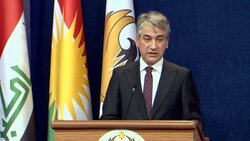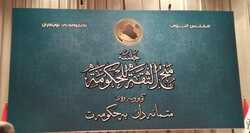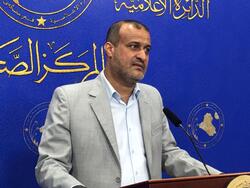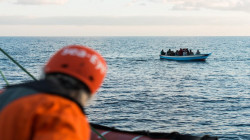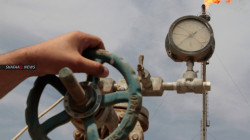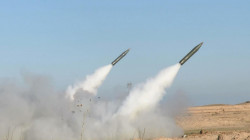Iraqi provincial elections off to slow start, with participation below 20%
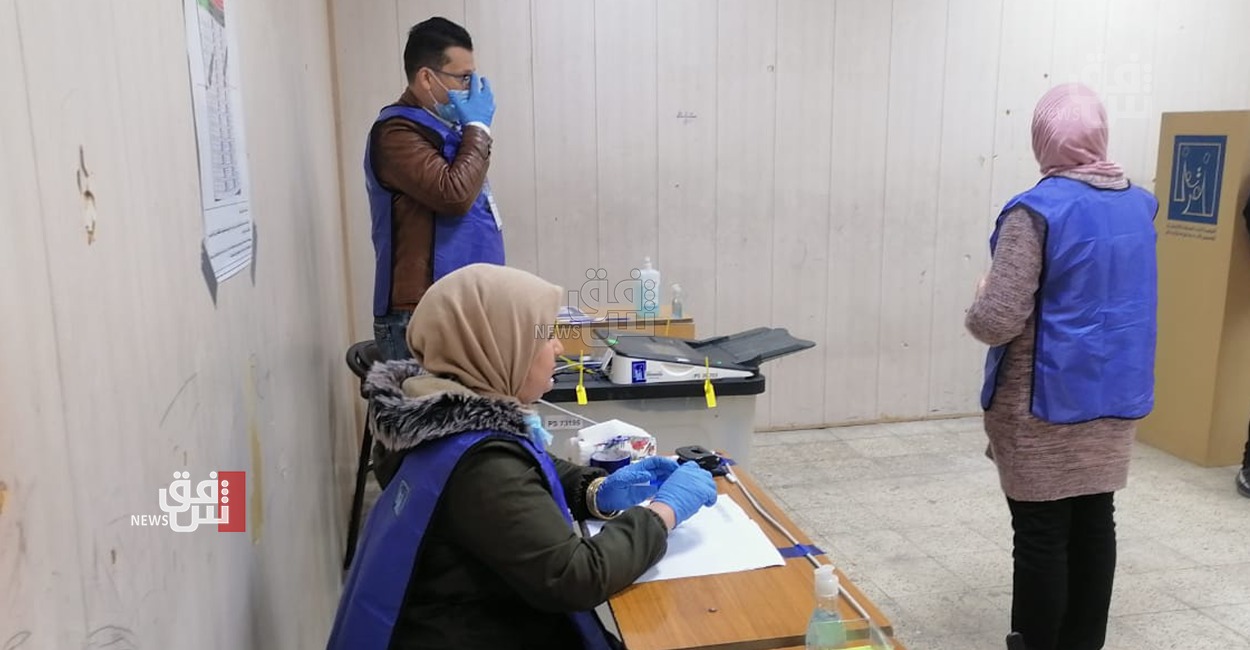
Shafaq News/ Iraqis went to the polls on Monday to vote for new provincial councils, but turnout was low by midday.
In Baghdad, the capital, participation was just 11% in the city's eastern half and 9% in the west. In the southern province of Basra, turnout was 19%. In the northern province of Kirkuk, it was 32%.
Experts blamed the low turnout on a number of factors, including voter apathy, distrust of the political establishment, and the fact that the elections were held during a cold and rainy winter day.
"The weather is a factor, but it's not the only one," said Ibrahim Aziz, head of the electoral committee for the Kurdistan Democratic Party in Diyala province. "People are also disillusioned with the political process and don't see any reason to vote."
Ali Abdul Sattar al-Hajjiya, a political activist and journalist, agreed. "People have lost faith in the political elite," he said. "They see provincial councils as a waste of time and money."
Iraqis were voting on Monday in the first provincial council elections in a decade, with the ruling Shi'ite Muslim alliance likely to extend its grip on power amid a boycott by populist cleric Moqtada al-Sadr, its main political rival.
The vote is seen as a test of Iraq's young democracy - installed by the U.S. after the toppling of Saddam Hussein in 2003 - before 2025 parliamentary elections that will determine the balance of power in a nation where groups with close ties to Iran have gained ground in politics and the economy in recent years.
Voter apathy has been on the rise among a mostly young population that feels it has not seen the benefits of Iraq's massive oil wealth, much of which is misdirected or stolen in a country ranked among the world's most corrupt.
Senior politicians called for a high turnout in statements released after they cast their votes at a centre set up for top officials in a plush hall at one of Baghdad's finest hotels.
More than 16 million Iraqis registered to vote on Monday but fewer than in 2021's parliamentary polls, when authorities said 22 million were eligible. Turnout then was 41% of eligible voters.
Local elections last took place in 2013. They were postponed because of the war against Islamic State militants who took over large parts of Iraq but were eventually defeated.
Security in the country has improved gradually since then and public focus has shifted to decrepit government services, high unemployment and rampant corruption - issues at the heart of 2019 mass protests that were violently suppressed by security forces.
Sadr's Shi'ite rivals, who blocked his bid to form a government after he emerged as a winner in 2021 parliamentary polls, are likely to take control of most local councils, especially in the mainly Shi'ite southern provinces.
This would further consolidate the power of the ruling Shi'ite alliance, which is close to Iran and known as the Coordination Framework, deepening power via access to state oil wealth that can be spent on local projects and services.
The alliance already forms the single-largest bloc in parliament after members of Sadr's party withdrew.
Sadr, a populist who has positioned himself as a staunch opponent of both Iran and the United States, has said the elections would reinforce the dominance of a corrupt political class.
Voting takes place in 15 of Iraq's 18 provinces to select 285 council members, who appoint powerful provincial governors and oversee local administration.
Elections in Iraq's semi-autonomous Kurdistan region, which includes three provinces, are expected to take place next year.
Members of the Shi'ite alliance are running on several lists - with former Prime Minister Nouri al-Maliki forming his own list and Iran-backed groups with armed wings running another - but have said they will rule together after the vote.
The two most powerful Sunni Muslim leaders in the country, ousted parliament speaker Mohammed Halbousi and business mogul Khamees Khanjar, are running together.
